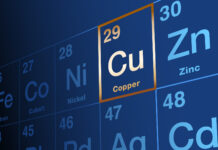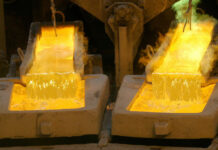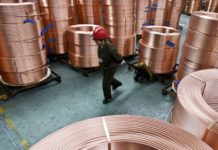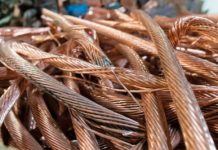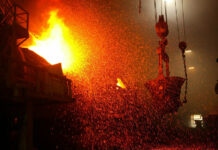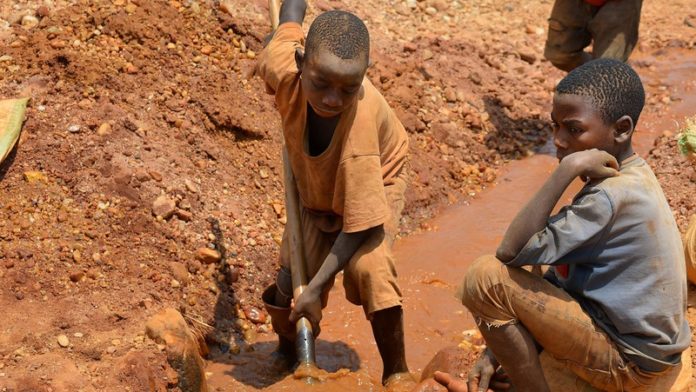
COMPANIES mining copper and cobalt in the Democratic Republic of Congo (DRC) have been urged to do more to fight corruption and child labour, said Bloomberg News citing a report by the Organisation for Economic Cooperation & Development (OECD).
Companies should be “proactive about addressing risks, for example by improving working conditions in artisanal mining or taking action to address corruption in their supply chains,” Ben Katz, co-author of the OECD report, said in a statement.
Citing the US Geological Survey, the newswire said the DRC was the world’s largest cobalt producer and the fifth largest producer of copper. As demand for the two minerals has soared with the growth of the electronic and electric-vehicle industries, so have worries about the conditions under which they are mined, it said.
Cobalt is a key component in lithium ion rechargeable batteries, and DRC has almost half the world’s known reserves, it said.
Several of the DRC’s biggest miners, including Glencore and Eurasian Resources Group are under investigation in the US and UK for allegations of corruption in their DRC operations, said Bloomberg News.
The DRC, meanwhile, has made efforts to repair its standing in the international community following a protracted election delay in which current president Felix Tshisekedi was in January elected to succeed Joseph Kabila.
Reuters said in October the country may get a renewal of its financial support from the International Monetary Fund (IMF) within six months as a result of political advances.
The IMF suspended its last financial aid to the DRC – a loan programme worth more than $500m – in 2012 after the government failed to provide sufficient details on the sale of state mining assets to an offshore company.
The IMF said in August the political transition led by Tshisekedi had provided an opportunity to address deep-seated economic challenges.






